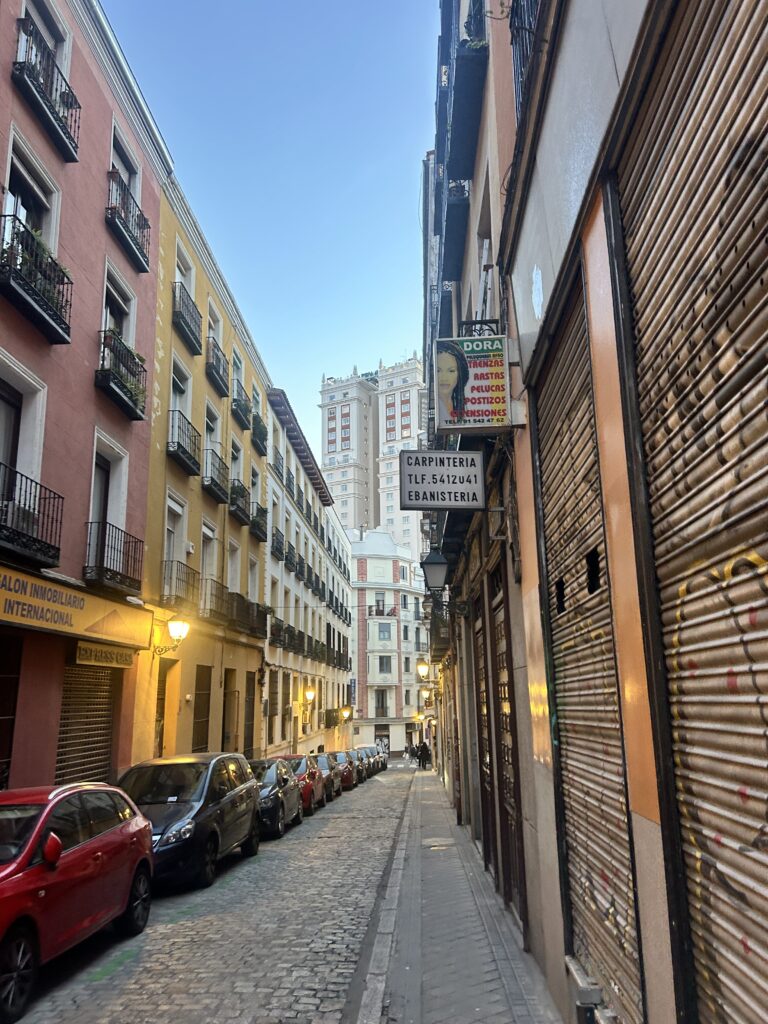
On a late February Friday afternoon, Madrid’s Plaza de Sol is crowded with tourists speaking a melody of foreign languages as they stroll the 17th century landmark. When the day ends, many of the tourists will head back to their rental apartments in the street surrounding the plaza.
Though the 11.2 million visitors who flood into Madrid boost Madrid’s economy every year, the number of tourist rentals in the city center has been criticized as a reason for the lack of affordable apartments. The number of tourist accommodations available has doubled since 2017 amounting to a total of 55,155 vacation rental properties, according to the Madrid City Council.
This past October thousands of protestors gathered under signs reading “Housing is a right, not a business”, voicing their outcries against the lack of regulation on short-term rentalst. They believe that the government should increase restrictions on the amount of properties being rented out to tourists, which should instead be available for local citizens to rent long term.
“Many of the buildings converted into housing for tourists have been acquired by wealthy investors from South America” says Daniel Esguevillas, a NYU Madrid professor. “They see Madrid as an asset to invest into. Often they also want to make money with short-term rentals.” This removes apartments and entire buildings from the long-term housing market, limiting the number of livable apartments available.
In November the Madrid City council outlined legislation which would forbid the vacation rental in residential buildings in the center, due to be put into effect in the summer of 2025. In January the Spanish Prime Minister announced a plan to raise taxes on vacation rental properties in reaction to complaints about the high rent prices in Spain, though the measure has not yet been put into effect.
However some experts argue that the problem will not be resolved through restrictions on vacation rentals. The problem is an economic one of rental costs. “ Many people lean towards
renting out the apartments they own with platforms like Airbnb since they are afraid long- term
renters will be unreliable,” says Julia Domenech, an art history professor who was born and
raised in Madrid. “It is very common to hear stories about people not paying their rent”.
Former Madrid resident Iveta Gonzalez lives in Rivas-Vaciamadrid, a satellite city 30 minutes outside of Madrid, where she and her husband can afford to live comfortably in a three bedroom apartment. “Looking for an apartment big enough to fit our family of four was too difficult in the center of the city. The prices are just too high”. Gonzalez is aware that many citizens blame the influx of tourist accommodation for the lack of housing. “I do not think that is the whole issue. I think the city would have to do a lot more work than limiting tourist rentals. There are just not enough apartments” she says.
